One of the plots and activities of " peaceful evolution" to sabotage our country by hostile and reactionary forces is to find every way to deny and reject the leadership and ruling role of the Communist Party of Vietnam and consider this a breakthrough, the shortest and most effective way to erase the achievements of the revolution, erase the path to building socialism in Vietnam, and steer Vietnam's development along the capitalist orbit.
Identifying false and hostile views
Recently, taking advantage of the internet and social media environment, hostile, reactionary, and opportunistic political forces have claimed that, " The Communist Party of Vietnam usurps people's power, violates democracy and human rights"; "The Party should not play a leadership role, should not and cannot lead absolutely"; "there must be political pluralism and multi-party opposition for the country to develop"...
Through these viewpoints and arguments, they have revealed their dark ambitions and plots to distort and deny the leadership role of the Communist Party of Vietnam, demanding that our Party retreat, implement "pluralism and multi-party system", abandon the path to socialism and put the country on the orbit of capitalism; thereby causing skepticism, wavering, and reducing people's trust, especially trust in the leadership and ruling role of the Communist Party of Vietnam, in the cause of building socialism in Vietnam. These are extremely reactionary, erroneous, unscientific viewpoints and arguments, without basis in both theory and practice, containing many contradictions in analysis and assessment; many comments are subjective and baseless.
This is an extremely dangerous argument because it deliberately equates the issue of pluralism and multi-party system with democracy and development. What are these arguments, in essence, if not wanting pluralism and multi-party system, sharing leadership leading to usurpation of the leadership of the Communist Party? Their purpose is to deny the sole leadership and ruling role of the Communist Party of Vietnam over the Vietnamese State and society.
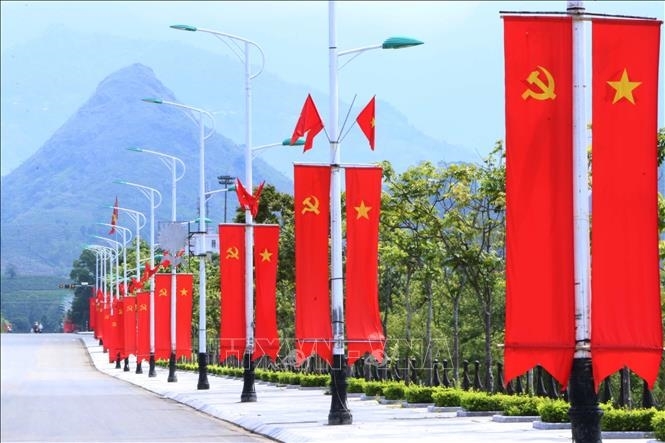 |
| Illustration photo: VNA |
One-party rule does not hinder democracy and development
The Party is a political organization of the class, of class nature, a voluntary association of people with the same aspirations and interests. The nature of a political party is the nature of the class it represents.
In a class-divided society, each different class has a different party, and even within the same class there can be many different parties. Parties of the same class will have the same class nature, with interests linked to the class that created it, they only differ in organizational form, operating methods and specific goals, but are not opposed in nature. Parties of different or opposing classes not only differ in principles, goals, operating methods, organizational principles, but are also opposed in the nature of the party. Thus, multi-partyism also has many different nuances. There is the phenomenon of multi-partyism but still political monism, and there is the phenomenon of multi-partyism and political pluralism at the same time.
Regarding the issue of one party losing democracy and hindering development, while multi-party means democracy and development, up to now, there has been no scientific basis to prove this. Practice shows that democracy and development of a country are not proportional to the number of parties that country has. There are one-party countries that still ensure democracy and development; there are countries with many parties that are still underdeveloped and still lose democracy. The problem belongs to the nature of the parties, the social interests they represent and protect; the prestige and capacity to gather, unite, and lead social forces to realize the common goals of the nation. If a party only serves the interests of its own party and class, it will be difficult for that party to be accepted by other classes as the leading force of society and the country. A party that represents the interests of the class, the people, and the nation, acts for the people and the country, will certainly be respected and entrusted by the people to be its leader.
In the condition of a single party ruling, there are two possibilities to consider: First, if a ruling party has its own interests, then multi-party system in the political system is necessary. In this case, if there is only one party, it is dictatorial. Second, if a party has no own interests in ruling, and rules for the common good, then multi-party system can easily cause factions and disunity.
Scientific and practical basis proves that the Communist Party of Vietnam is the only ruling party.
Currently, in Vietnam, the Communist Party of Vietnam is the only party in power, leading politics, leading the State and society. To clarify the issue, we analyze and clarify the scientific and practical bases in the following aspects.
First, the purpose of the Communist Party of Vietnam is to lead the country to development.
The Communist Party of Vietnam was born as a result of the merger of three predecessor revolutionary organizations: the Indochinese Communist Party, the Annamese Communist Party and the Indochinese Communist Federation. Before the merger, these organizations operated independently and there was a phenomenon of conflict over influence among the masses, and each organization wanted to unify the communist organizations. The birth of the Communist Party of Vietnam ended the state of dispersion of forces, created organizational unity throughout the country, and raised the influence and position of the Party. The Party became the representative embodiment of the interests of the entire working class, working people and the Vietnamese nation.
The Charter of the Communist Party of Vietnam clearly states: “The Communist Party of Vietnam is the vanguard of the working class, at the same time the vanguard of the working people and of the Vietnamese nation; a loyal representative of the interests of the working class, the working people and the nation” (1) . Apart from the above interests, the Communist Party of Vietnam has no other interests.
The Party's goal is to "Build an independent, democratic, prosperous Vietnam with a just and civilized society where no one exploits another, successfully implement socialism and ultimately communism" (2) .
Second, the Party has found a development direction and directly led revolutions for development.
During the 1920s, the Vietnamese revolution fell into a deadlock, seemingly without a way out. Many patriotic scholars and revolutionary movements made choices to liberate the nation and develop the country, but in the end, all failed. In the midst of that darkness, the Communist Party of Vietnam was born, parting the clouds, pointing out the only correct path to liberate the nation and lead the race out of misery and slavery. In the Party's first political platform (October 1930), the strategic direction of the revolution was determined as follows: At first, it was a bourgeois democratic revolution, then it continued to develop, bypassing the capitalist period, and moving straight onto the path of socialism. The two strategic tasks of the revolution were to overthrow imperialism and feudalism, which were closely related. The driving force of the revolution was the proletariat and the peasantry. The leader of the revolution was the proletariat with its vanguard being the Communist Party.
With the right strategic and tactical lines, at the age of 15, the Party led the people to successfully rise up in the August Revolution of 1945, overthrowing the feudal colonial regime, establishing the first democratic state in Southeast Asia, opening a new era in the history of the Vietnamese nation - the era of independence and freedom.
After its inception, the young revolutionary government had to deal with an extremely dangerous situation, with a series of dangers and challenges that seemed difficult to overcome. These were the dangers of "famine", "ignorance" and especially "foreign invaders". In that situation, our Party and President Ho Chi Minh made correct and wise decisions in promoting favorable factors, limiting and overcoming difficulties, promptly having appropriate countermeasures to respond to the challenges that threatened the survival of the young revolutionary government, building a new regime, and moving the revolution forward.
The resistance war against French colonialism ended with victory for our people, the Geneva Agreement of 1954 was signed, Vietnam was temporarily divided into two regions, with two different political regimes. The North was completely liberated. The people's national democratic revolution was completed, creating conditions for the North to enter the transition period to socialism. In the South, in May 1956, France withdrew its troops from the South before conducting a general election to unify the North and South. The US replaced France, put Ngo Dinh Diem in power, plotted to permanently divide Vietnam, turned the South into a new type of colony and a US military base.
The mission of the Vietnamese revolution at this time was determined by our Party as: Simultaneously carrying out two revolutionary strategies in two regions: Socialist revolution in the North and the people's national democratic revolution in the South, moving towards peace and national reunification. The revolutions of the two regions are closely linked together, coordinating with each other, creating conditions for each other to develop. That is the relationship between the rear and the front.
With the victorious Ho Chi Minh Campaign, our country successfully ended 21 years of fighting against the US to save the country and 30 years of war for national liberation and defense of the Fatherland (1945-1975), ending the domination of imperialism, completing the people's democratic revolution throughout the country, and unifying the Fatherland.
After the war to liberate the South and unify the country, our country faced numerous difficulties. The Party led the people to both strive to restore the economy and conduct two wars against invasions at the northern and southwestern borders, protecting the independence, sovereignty, and territorial integrity of the nation; at the same time, focusing on leading the construction of the material foundation of socialism, gradually forming a new economic structure throughout the country, improving the material and spiritual life of the working people.
Third, the country has achieved many successes and is constantly developing.
Based on the assessment of the country's situation and through the process of research and testing, the 6th Party Congress (December 1986) put forward a comprehensive national renovation policy, opening an important turning point in the cause of building socialism in our country.
The achievements of nearly 40 years of implementing the renovation process have continued to affirm that our Party's renovation policy is correct and creative. These great and historically significant achievements are the crystallization of the creativity of our Party and people, affirming that our country's path to socialism is consistent with Vietnam's reality and the development trend of the times; affirming that the Party's correct leadership is the leading factor determining the victory of the Vietnamese revolution.
(continued)
--------
(1), (2) Charter of the Communist Party of Vietnam, National Political Publishing House Truth, Hanoi, 2014, p.4
Associate Professor, Dr. VU VAN PHUC
Vice Chairman of the Scientific Council of Central Party Agencies
Source








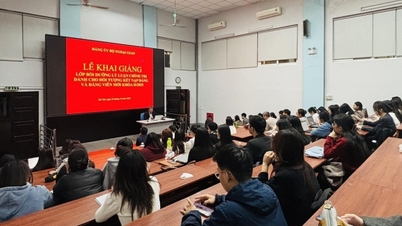

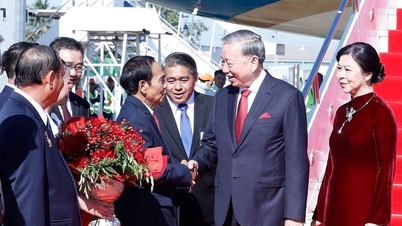

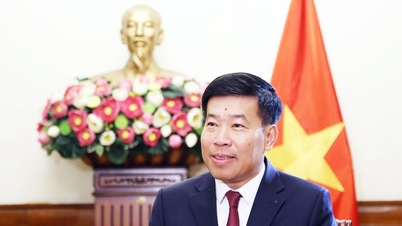

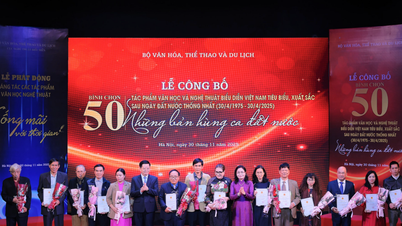






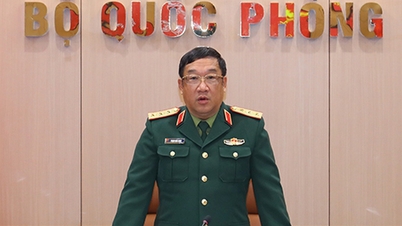
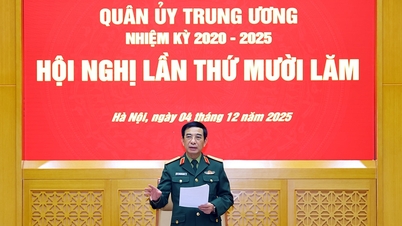

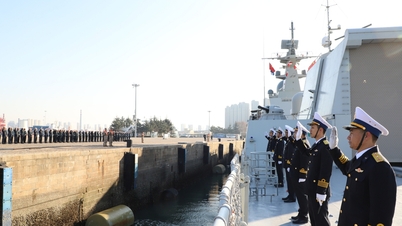
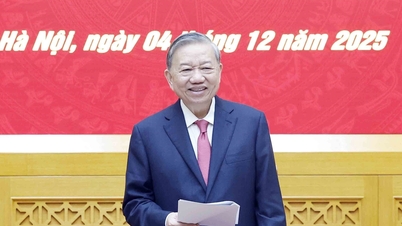









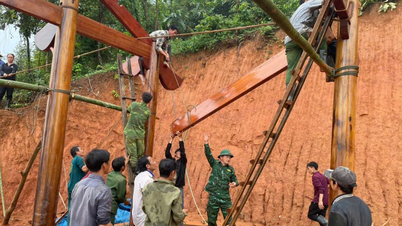


































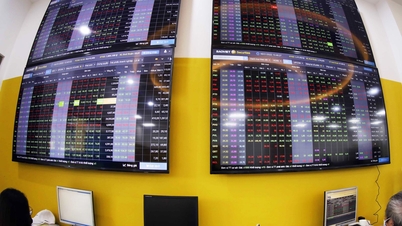

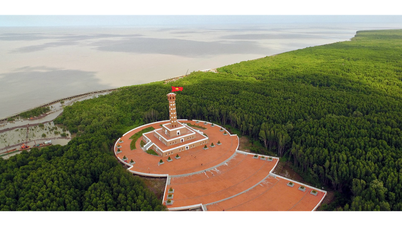









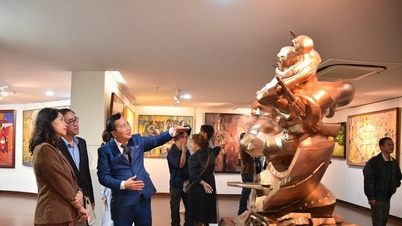

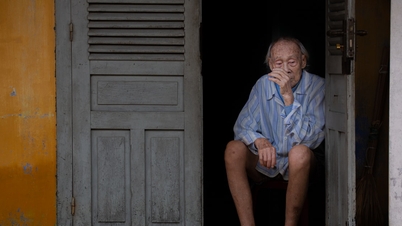
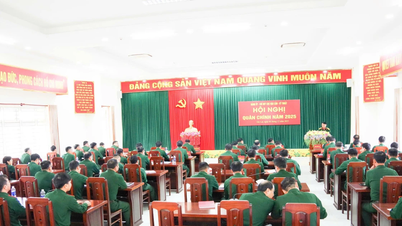

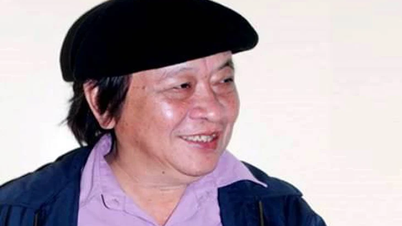



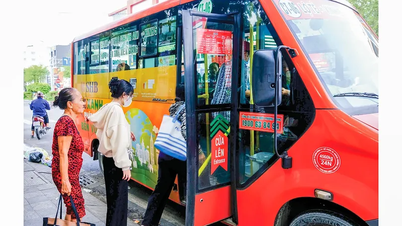











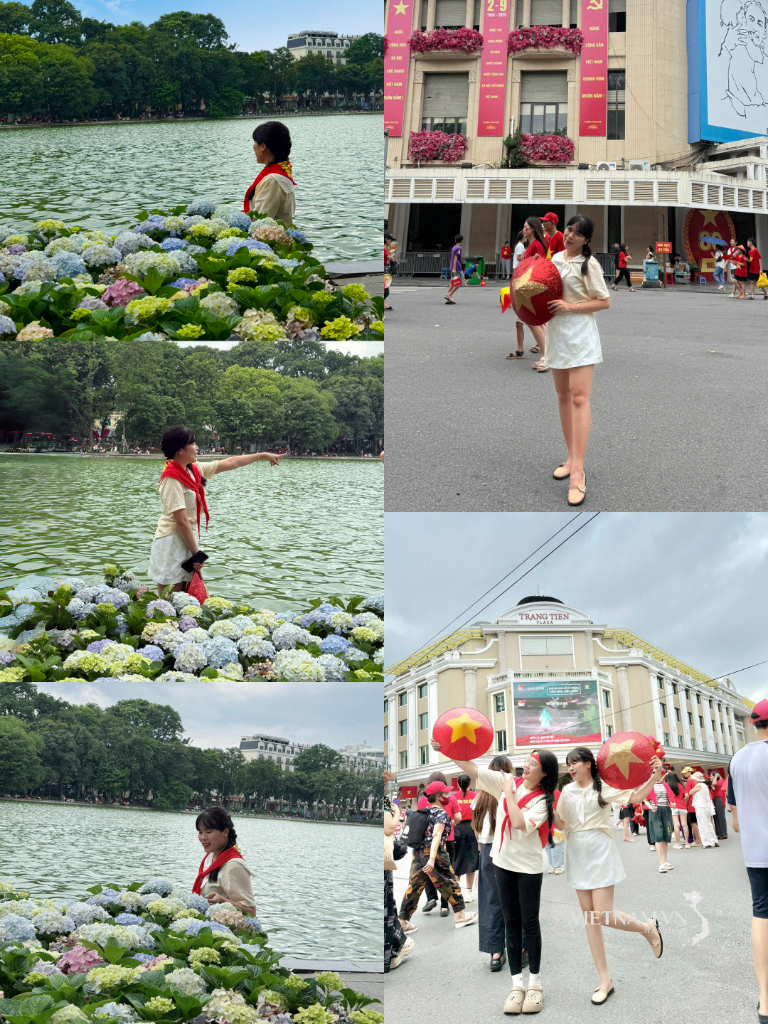






Comment (0)